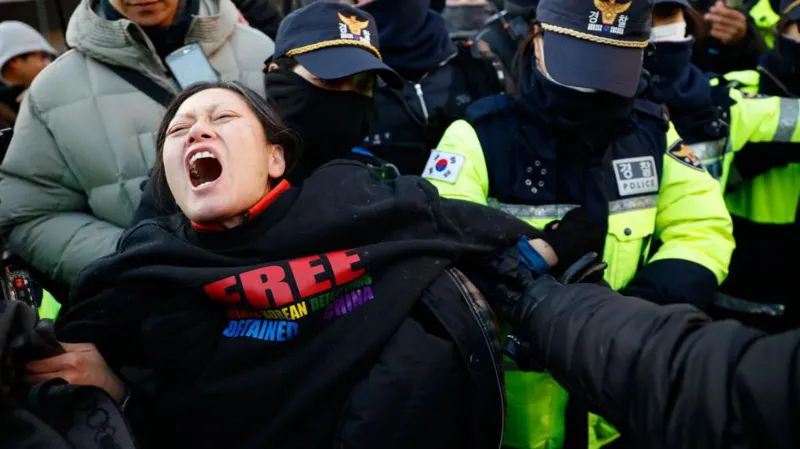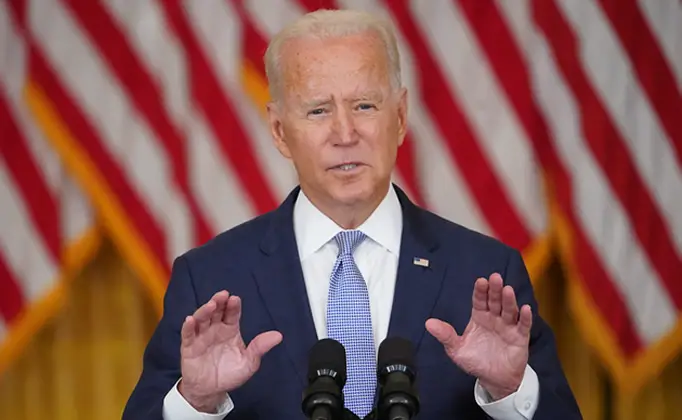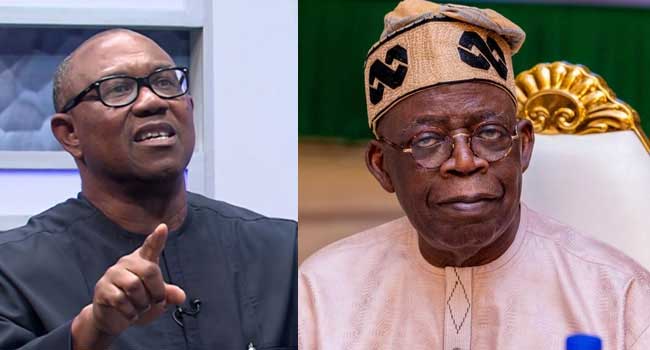Why Is Arresting South Korea’s Impeached President So Difficult?

Inside the Standoff: Why Arresting South Korea’s Impeached President Yoon Suk Yeol Is So Difficult
As I stood among the growing crowd outside Yoon Suk Yeol’s residence last Friday morning, I couldn’t help but feel the weight of history pressing down on the scene. What should have been a straightforward arrest turned into a tense, six-hour standoff that felt like something out of a political thriller.
The atmosphere was electric—rows of heavily armed police officers stood face-to-face with Yoon’s loyal security detail, who had formed an impenetrable human wall. Vehicles were strategically positioned to block any potential advance. “It was surreal,” said Min-jun, a local journalist covering the event. “You’d think this was a coup, not a simple warrant being executed.”
A Month of Political Upheaval
It’s been a whirlwind for South Korean politics. From Yoon’s controversial martial law declaration to his impeachment and now this high-stakes standoff, the nation is gripped by unprecedented drama.
The turning point came earlier this week when a warrant for Yoon’s arrest was issued following his refusal to appear for questioning. But executing that warrant has proven far more complex than anyone anticipated.
Thousands of Yoon’s supporters had gathered outside his home by dawn, their chants and banners reflecting their unwavering loyalty. “He’s the only leader who’s stood firm against external threats,” said 62-year-old Seong-hwa, a retired teacher holding a sign that read, ‘Justice for Yoon.’
Read more: Did a Bird Strike Play a Role in the South Korea Plane Crash? Latest Updates
China’s First 8.6-Gen OLED Glass Substrate Developed by Bengbu Zhongguang Optoelectronics
Others News: Samsung vs. Apple: Strategies for Samsung to Overtake Apple in 2025″
Why Is Arresting Yoon So Difficult?
Yoon may be impeached, but he still retains access to a presidential-level security detail. And that detail has remained fiercely loyal, obstructing police at every turn.
I overheard one officer mutter under his breath, “It’s like they’ve been programmed to protect him at all costs.” Mason Richey, an associate professor at Seoul’s Hankuk University, shares this sentiment. “The security team’s actions suggest either blind loyalty or a misunderstanding of their legal obligations,” he explained.
This loyalty may stem from Yoon’s strategic appointments. His security chief, Park Jong-joon, was handpicked by Yoon just months ago. Critics argue that Yoon has intentionally seeded the Presidential Security Service (PSS) with hardline loyalists.
A Nation Divided
South Korea is now sharply polarized. While many citizens are appalled by Yoon’s martial law declaration and demand accountability, his support base remains vocal and steadfast.
“Accountability is necessary, but how we achieve it is the real question,” says Duyeon Kim, an adjunct senior fellow at the Center for a New American Security.
That division played out vividly in the skirmishes outside Yoon’s home. Police clashed with anti-Yoon protesters who had also gathered, creating a volatile mix of emotions. I saw one young activist, Ji-eun, with tears in her eyes after being shoved back by officers. “This isn’t just about Yoon—it’s about the soul of our democracy,” she told me.
What’s Next?
The police now face a ticking clock. They have until January 6 to act before the arrest warrant expires. “If we don’t enforce the law now, what message does that send?” an investigator confided to me, clearly frustrated.
But escalating the situation isn’t without risk. The PSS is heavily armed, and any misstep could lead to violence. “The last thing we want is bloodshed,” said Mason Richey.
For now, investigators are pursuing charges against the PSS leadership for obstruction. Still, the path forward is fraught with uncertainty. With Yoon’s supporters camping outside his residence and tensions mounting, South Korea finds itself navigating uncharted political waters.
As I left the scene that night, I couldn’t shake the feeling that this moment will define the nation’s political future. Whether justice prevails or chaos deepens, only time will tell.




